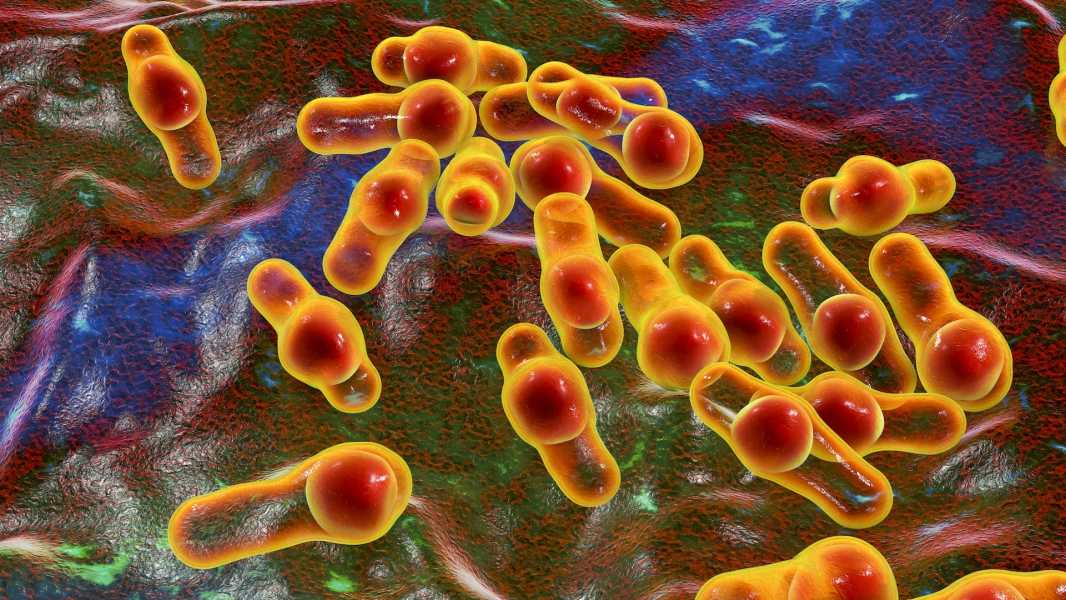
In a rare case, a man has contracted a fatal disease after taking the supplement. (Photo credit: KATERYNA KON/SCIENCE PHOTO LIBRARY via Getty Images)
Patient: 70-year-old man from Japan.
Symptoms: The patient was initially brought to the emergency room after being found unconscious in his home. Tests showed he had severe metabolic acidosis, caused by a buildup of excess acid in the blood. Subsequent tests, including a CT scan and review of the medical history, revealed that the condition was due to a lung infection, kidney damage, and possibly excessive alcohol consumption, as the patient had a history of alcohol dependence.
The patient later tested positive for COVID-19 and a bacterial infection. Due to the complexity of the case, he spent over a month in the intensive care unit (ICU) before being transferred to a general hospital ward to fully recover. Towards the end of his ICU stay, he developed diarrhea. Doctors prescribed him a probiotic, which they believed would help ease the symptoms, and he continued taking it in the general ward.
But then, after nearly two months of treatment, the man suddenly developed swelling and “severe, constant” abdominal pain. Tests again showed high levels of acid in his blood, and scans revealed signs of non-occlusive mesenteric ischemia – a dangerous condition in which the intestines do not receive enough blood.
What happened next: While investigating the man's symptoms, the medical team took a blood sample that showed the presence of Clostridium butyricum bacteria — the same bacteria found in the probiotic supplement he was taking. Genetic testing confirmed that the strain in the patient's blood was a perfect match for the probiotic strain.
Diagnosis: The man developed a blood infection caused by bacteria from probiotics, known as probiotic bacteremia.
Treatment: Unfortunately, the patient's condition rapidly deteriorated and he became too unstable to consider surgical treatment options. “His treatment was shifted to palliative care and he died on day 60 of his hospital stay,” his doctors wrote in the case report.
What makes the case unique: Probiotic bacteremia is a known but rare risk associated with taking probiotics. Having a weakened immune system or gastrointestinal problems can increase the likelihood of these blood infections.
When such cases occur, the infections are most often seen in older people with multiple medical conditions. In this man’s case, he had a history of alcohol abuse, smoking, colon cancer, high blood pressure and chest pain due to heart disease, as well as the condition that led to his first hospitalization. The report does not say how long the man had had cancer or whether he had been treated with chemotherapy, which can suppress the immune system.
During his treatment, he was also given a steroid to reduce inflammation caused by COVID-19, and steroid drugs can suppress the immune system. This could further increase the risk of developing an infection from probiotics.
It should be noted that this is not the only case where a C. butyricum strain has been reported to cause probiotic-associated bacteremia.
The probiotic is widely used, especially in Japan, and has a generally positive safety profile. It is prescribed in hospitals to treat diarrhea, in part because it is thought to make the gut less hospitable to pathogens and more hospitable to beneficial bacteria that aid digestion and reduce inflammation.
Antibiotics given to a patient to fight a bacterial infection can also deplete gut bacteria, and probiotics can help restore some of those lost microbes. However, in patients with unstable health and immune deficiencies, such probiotics can sometimes run amok, doctors warned in a case report.
Disclaimer
This article is for informational purposes only and does not constitute medical advice.
TOPICS Diagnostic Dilemma
Sourse: www.livescience.com





